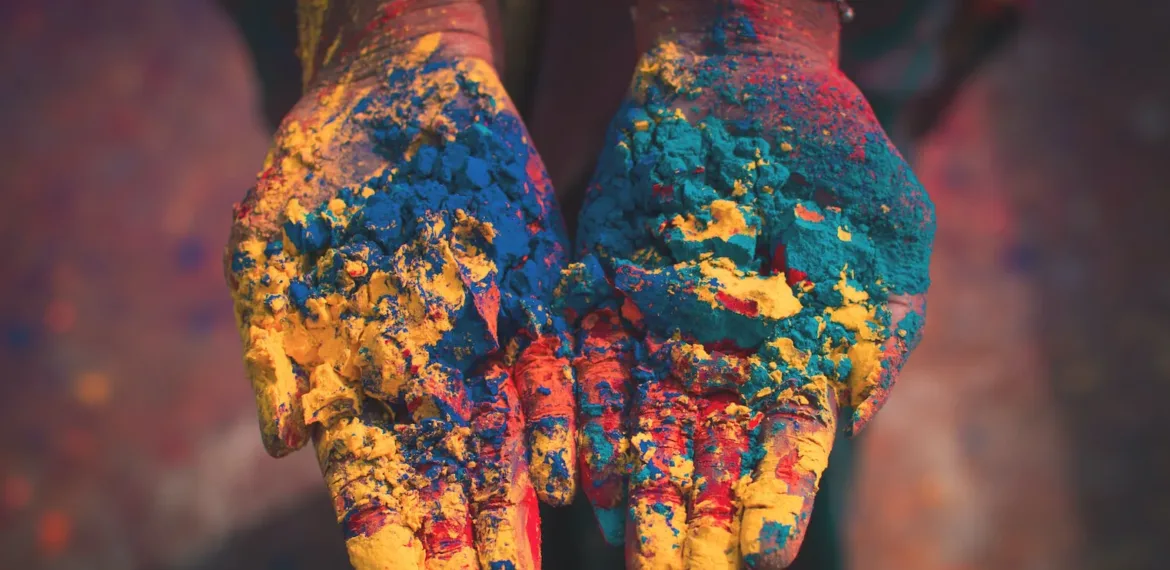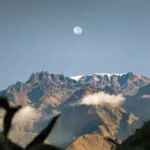Bolivia: Embrace the Rich Culture and Avoid Cultural Faux Pas.
ROAMOPEDIA
Bolivia's Culture
Exploring Bolivian Culture: Traditions, Customs, Language, and Etiquette

Related
All related contents.
Related Posts
Discover Bolivia’s natural wonder at Salar de Uyuni in La Paz.
Discover the enchanting beauty of Sucre’s Historic Center in Bolivia, a UNESCO World Heritage site.
Explore the rich history of Cerro Rico, Bolivia’s legendary silver mine.

Colonial Charm and Cultural Riches: Bolivia’s Top Travel Experiences
Experience La Paz from a new perspective with Mi Teleférico’s breathtaking cable car rides.
Discover the mystical beauty of Bolivia’s Valley of the Moon.
Discover the flavors of Tarija’s wine country in Bolivia’s hidden gem.
Bolivia’s Death Road: A thrill-seeker’s paradise in La Paz.
Discover the wonders of nature at Madidi National Park in Bolivia.
Explore the wonders of Amboro National Park in Santa Cruz, Bolivia.
Discover the mystical side of Bolivia at La Paz’s Witches’ Market.
Bolivia’s Oruro Carnival: A celebration of culture and tradition through music and dance.
Experience a spiritual journey with breathtaking views in Cochabamba’s Christ of Concord statue.
Discover the rich history of Bolivia at Tiwanaku, an ancient archaeological site in La Paz.
Experience the beauty and wonder of Lake Titicaca in La Paz, Bolivia – where history, culture, and stunning views come together.
Discover the haunting beauty of Bolivia’s Train Cemetery in Potosi and the breathtaking Salar de Uyuni.
Related
Related contents and articles.
Related Posts
- Print
- Share
- +-Font Size